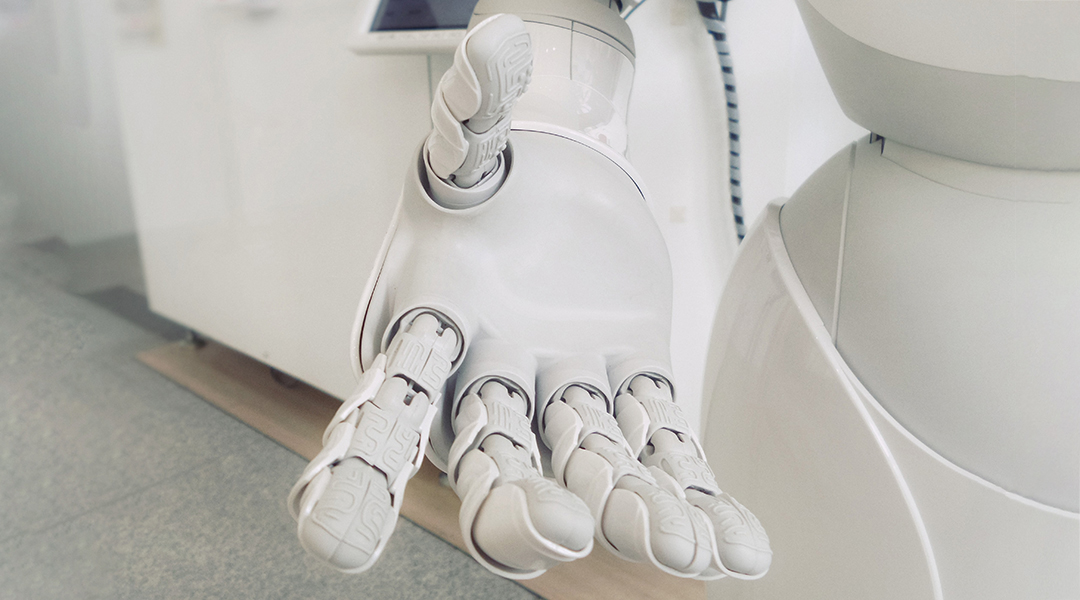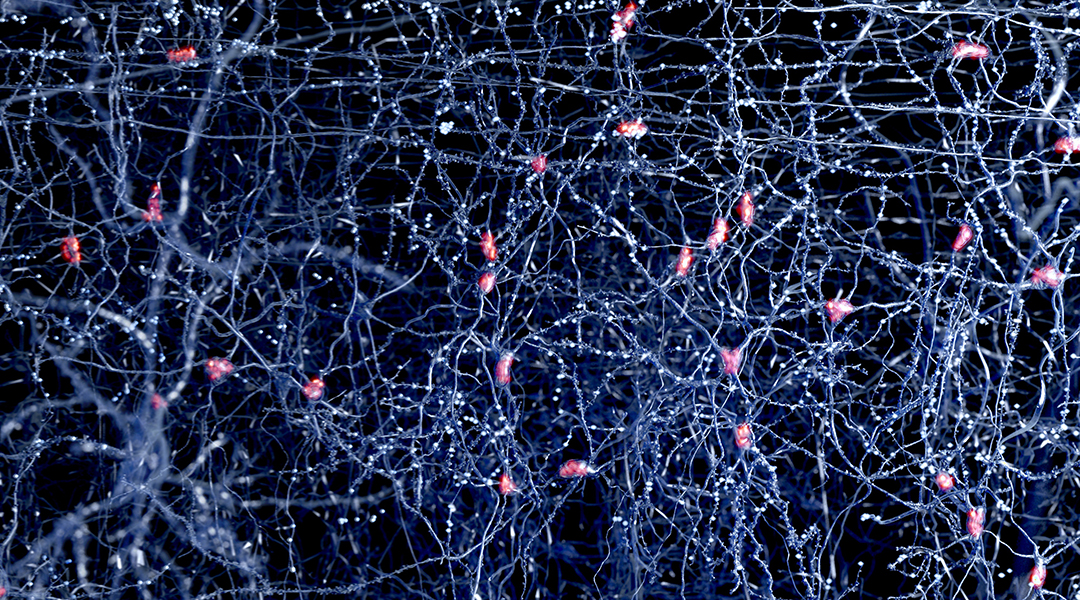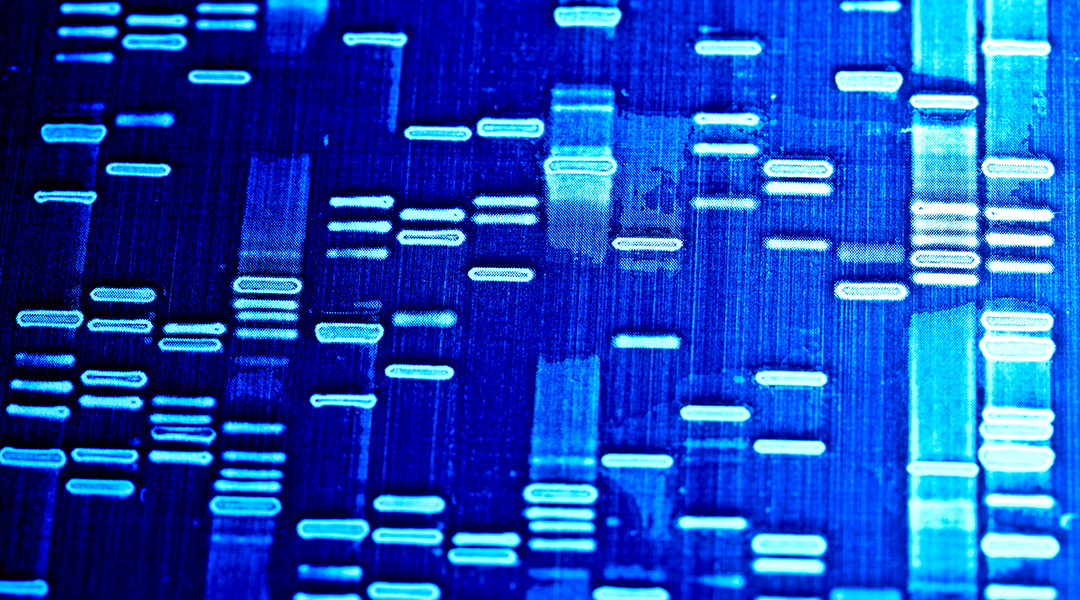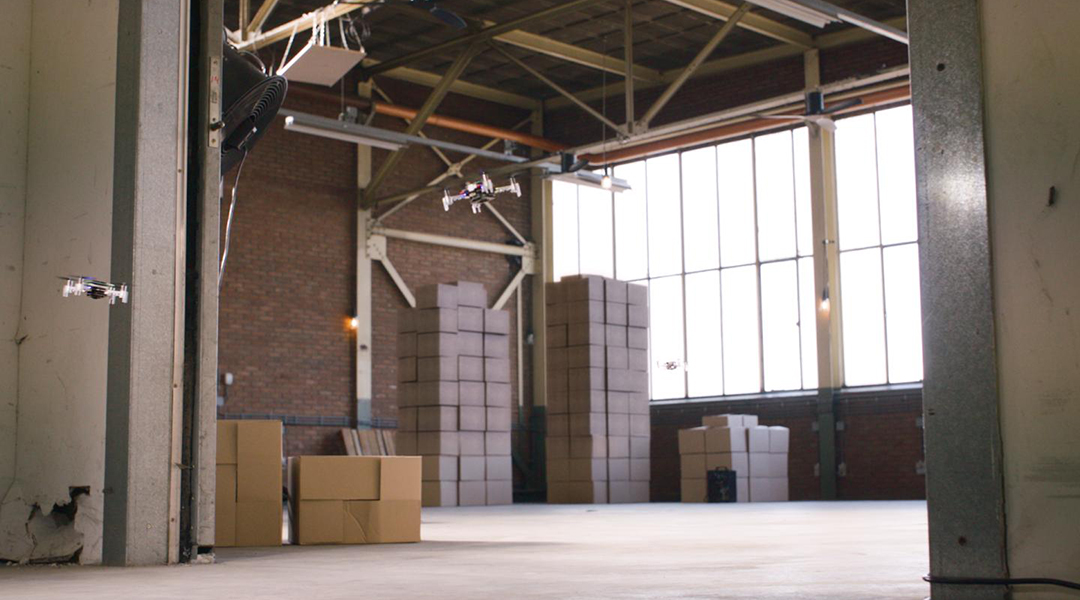Bioengineer Canan Dağdeviren is living her dream, decoding physical patterns of the human body in order to diagnose and cure diseases.


Bioengineer Canan Dağdeviren is living her dream, decoding physical patterns of the human body in order to diagnose and cure diseases.

Loneliness has been linked to detrimental and sometimes deadly health effects, and so researchers are seeking a biological answer to help prevent and treat it.

The benefits and controversies around AI are clear, but by drawing on current experiences, we can establish an order that ensures AI does not become a threat but a very useful aid.

Your “friendly neighborhood astrophysicist” Becky Smethurst is enthusiastically exploring the universe and educating us along the way.

DNA damage by radiation is a concern for space travelers. New experiments on the ISS show that CRISPR gene editing tools can function in space and can potentially be used to mitigate these effects.

Computer-aided drug discovery looks to neural networks that can better predict chemical properties to streamline the search for new therapeutics.

A new type of hydrogel could radically transform a novel stem cell treatment for Parkinson’s disease.

Genomic editing tools can reverse disease causing mutations to provide cures — once we can conquer the remaining barriers.

Using modified “CrazyFlie” drones, researchers develop a strategy for finding gas leaks more efficiently and without risk to human lives.

The idea of connecting all physical things together: let’s delve into how the Internet of Things is changing the world.